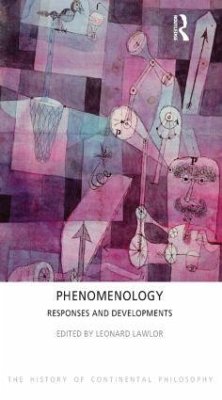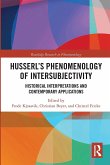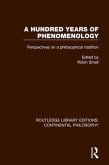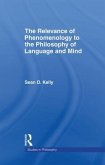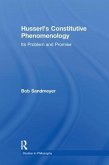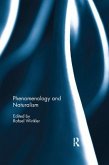After Husserl, the study of phenomenology took off in different directions. The ambiguity inherent in phenomenology - between conscious experience and structural conditions - lent itself to a range of interpretations. Many existentialists developed phenomenology as conscious experience to analyse ethics and religion. Other phenomenologists developed notions of structural conditions to explore questions of science, mathematics, and conceptualization. "Phenomenology: Responses and Developments" covers all the major innovators in phenomenology - notably Sartre, Merleau-Ponty, and the later Heidegger - and the major schools and issues. The volume also shows how phenomenological thinking encounters a limit, a limit most apparent in the aesthetical and hermeneutical development of phenomenology. The volume closes with an examination of the furthering of the division between analytic and continental philosophy.
Hinweis: Dieser Artikel kann nur an eine deutsche Lieferadresse ausgeliefert werden.
Hinweis: Dieser Artikel kann nur an eine deutsche Lieferadresse ausgeliefert werden.

